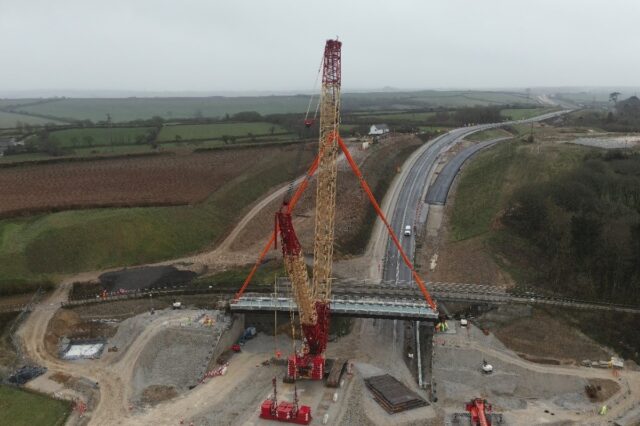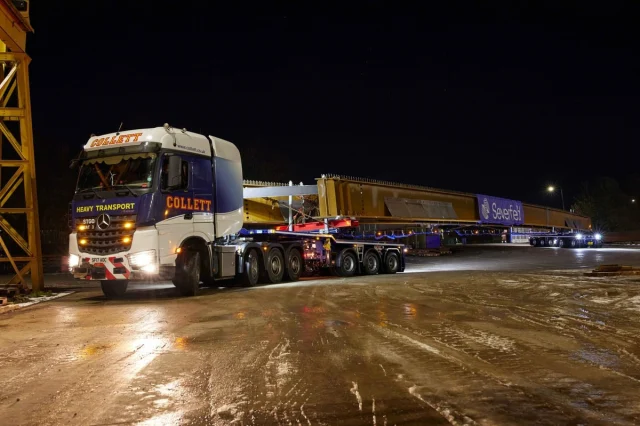Nationwide Sureties UK is a leading provider of premises bonds, which are a form of security required by some landlords or property owners to protect their property from damage caused by tenants or contractors. A premises bond is a financial guarantee provided by a third party, such as Nationwide Sureties UK, to ensure that the property owner is protected from any damages or losses incurred during the rental or construction period. Here are some reasons why premises bonds from Nationwide Sureties UK are essential:
1. Protection for property owners: Premises bonds provide protection to property owners who may be vulnerable to damages or losses caused by tenants or contractors. With a premises bond from Nationwide Sureties UK, the property owner can be assured that any damages will be covered, providing peace of mind and financial protection.
2. Compliance with regulations: Some landlords or property owners may be required to obtain a premises bond as part of their compliance with legal or regulatory requirements. Nationwide Sureties UK can provide premises bonds that meet the specific legal requirements and regulations for each situation, ensuring that the property owner is fully compliant.
3. Tenant and contractor trust: The presence of a premises bond can build trust between tenants, contractors, and property owners. Tenants and contractors are more likely to rent or work on a property that has a premises bond in place, as it provides assurance that their interests are protected.
4. Cost-effective security: Premises bonds are a cost-effective way for property owners to protect their assets. Rather than having to provide large cash deposits or rely on expensive insurance policies, a premises bond from Nationwide Sureties UK provides financial security at a fraction of the cost.
5. Flexibility: Nationwide Sureties UK offers a range of premises bond options, allowing property owners to select the level of protection that meets their specific needs. From rental bonds to construction bonds, they can provide a bond that fits your requirements.
In summary, Nationwide Sureties UK provides premises bonds that offer essential financial protection for landlords and property owners. With protection from damages or losses caused by tenants or contractors, compliance with legal and regulatory requirements, improved trust between tenants, contractors, and property owners, cost-effective security, and flexibility, premises bonds are an excellent option for protecting your property investment. Whether you are a landlord, property owner, or contractor, Nationwide Sureties UK can provide the premises bond you need to protect your interests and ensure a successful project.






